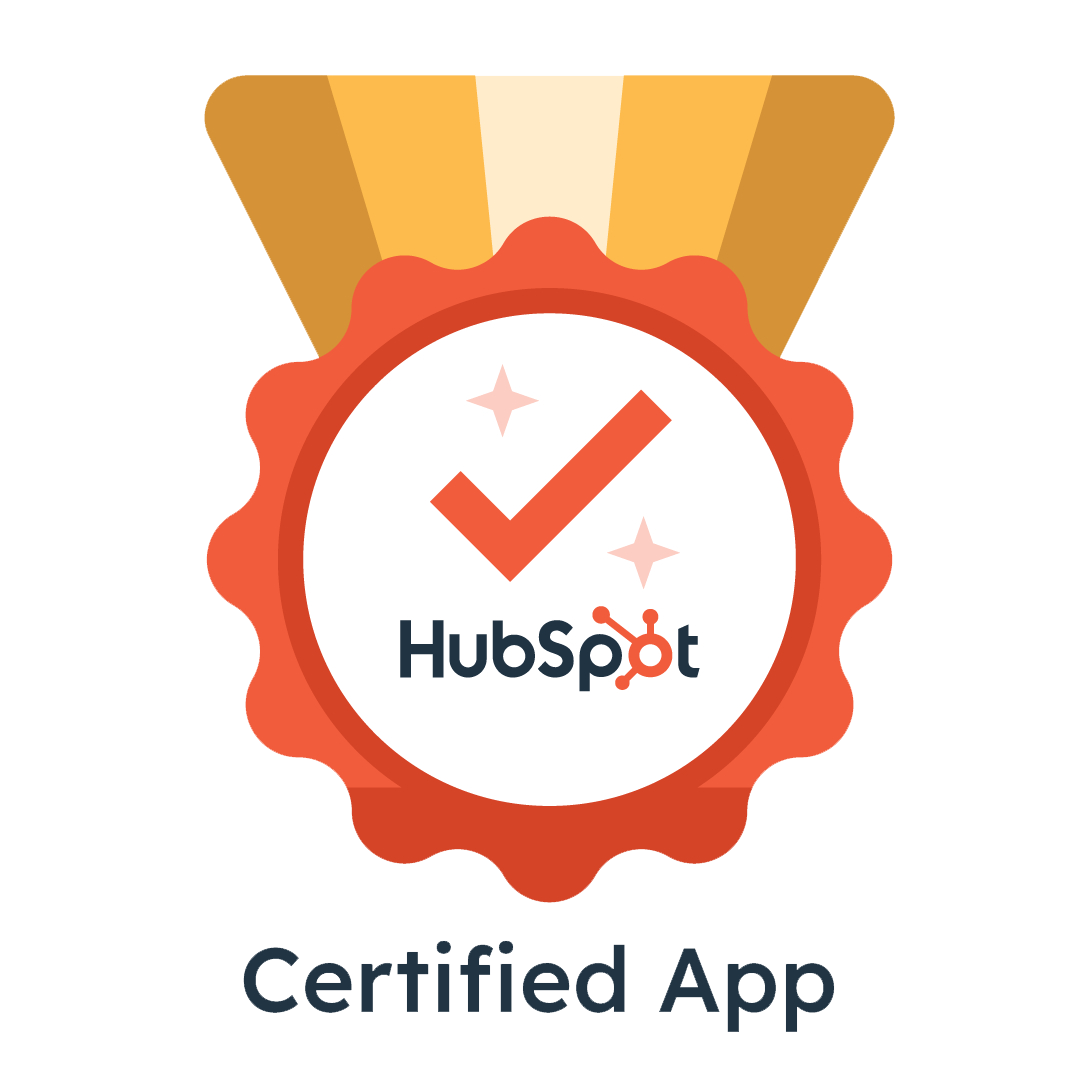Workshop
Workshop
A workshop is a focused, interactive session designed to engage participants in learning, problem-solving, or skill-building activities. These sessions are commonly utilized in trade shows and event marketing, where they provide hands-on experiences that encourage collaboration and a deeper understanding of a specific topic or product. Workshops are not just about imparting knowledge; they are about creating an environment where participants can actively engage with the material, share their insights, and learn from one another. This interactive nature makes workshops a powerful tool for both educators and marketers alike.
Understanding Workshops in Trade Show and Event Marketing
Workshops play a crucial role in trade shows and events by offering attendees a chance to actively participate rather than passively listen. Unlike traditional presentations, which often involve a one-way flow of information, workshops are designed to be immersive and practical. They often involve exercises, discussions, or demonstrations that require attendees to engage with the content actively. This hands-on approach not only enhances learning but also makes the experience more enjoyable and memorable for participants.
For marketers and event planners, workshops are valuable tools to showcase expertise, build relationships, and generate leads. They create an environment where attendees can ask questions, try out products, or develop new skills relevant to the exhibitor’s offerings. This direct interaction helps to establish trust and credibility, which are essential for successful marketing. By facilitating a space where potential customers can experience products or services firsthand, companies can significantly increase their chances of converting interest into sales.
Here are some key characteristics and benefits of workshops in this context:
- Interactive Format: Workshops encourage attendee participation through activities such as group work, role-playing, or hands-on demonstrations. This format not only keeps participants engaged but also allows them to learn from each other’s experiences and perspectives.
- Focused Content: Sessions are typically centered around a specific theme or skill, allowing for in-depth exploration. This focused approach ensures that participants leave with a clear understanding of the topic and how it applies to their needs.
- Networking Opportunities: Smaller group sizes foster connections between participants and presenters, enhancing relationship-building. These connections can lead to future collaborations, partnerships, or even friendships that extend beyond the event.
- Lead Generation: Engaged attendees are more likely to provide contact information and express interest in products or services. This makes workshops an effective strategy for building a robust database of potential customers.
- Brand Authority: Hosting a well-executed workshop positions the company as a knowledgeable leader in its field. This authority can enhance brand reputation and attract more attendees to future events.
For example, a technology company at a trade show might host a workshop demonstrating how to use their latest software. Attendees get hands-on experience, ask questions, and leave with a better understanding of the product’s value. This approach often leads to higher engagement and stronger follow-up opportunities compared to standard booth interactions. By providing a platform for real-time feedback and interaction, the company can refine its offerings based on participant input, further enhancing its products and services.
In summary, workshops are dynamic sessions that enhance the trade show experience by combining education, interaction, and networking in a way that benefits both exhibitors and attendees. They create a vibrant atmosphere where learning and collaboration thrive, making them an essential component of successful event marketing strategies.
FAQs About Workshop
What is the main difference between a workshop and a seminar?
A workshop is typically more interactive and hands-on, focusing on participant engagement and practical exercises. In contrast, a seminar usually involves a speaker delivering information to an audience with limited interaction. This fundamental difference shapes the overall experience for attendees, with workshops fostering a more collaborative and engaging environment.
How can workshops help generate leads at trade shows?
Workshops attract engaged attendees who are interested in the topic or product. This engagement makes them more likely to share contact details and follow up, providing valuable leads for exhibitors. By creating a space where attendees feel comfortable asking questions and exploring products, workshops can significantly enhance the likelihood of converting interest into actionable leads.
What are some tips for planning an effective workshop at an event?
Keep the content focused and relevant, encourage participation through activities, limit group size for better interaction, and ensure clear objectives to maximize attendee value and engagement. Additionally, consider incorporating feedback mechanisms to assess the effectiveness of the workshop and make improvements for future sessions. This iterative approach can help refine the workshop experience and ensure it meets the needs of participants effectively.





